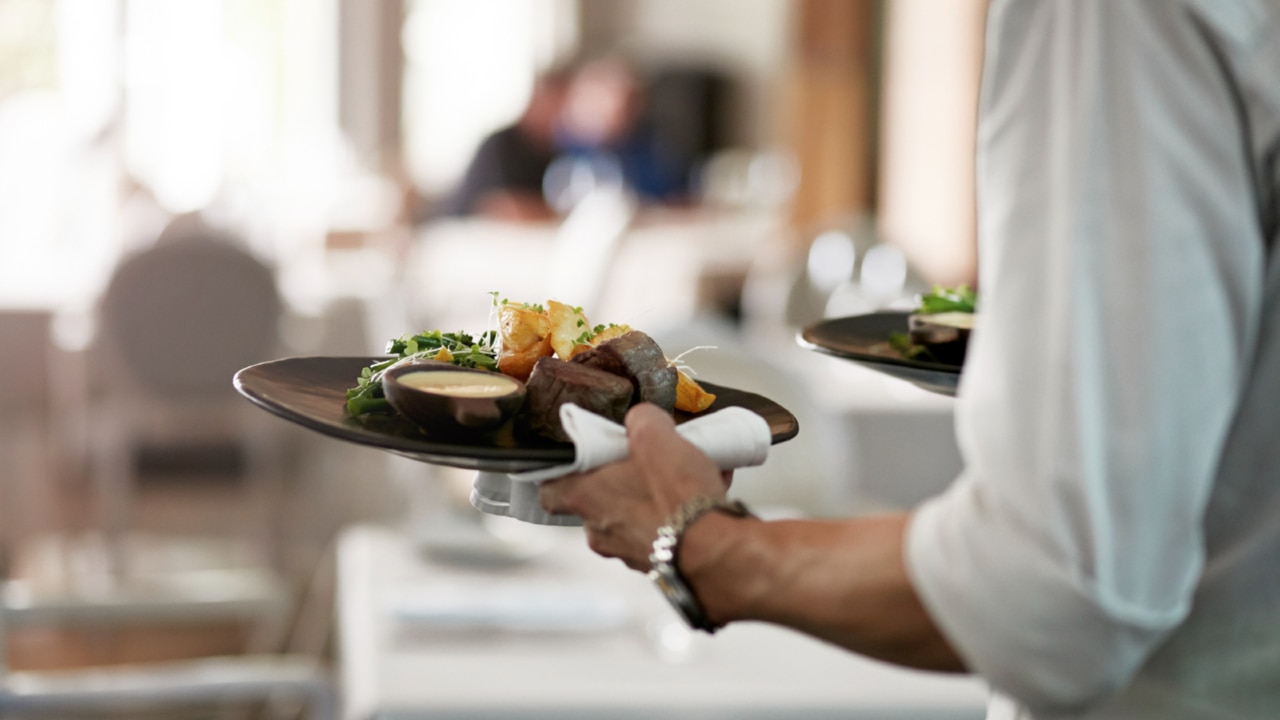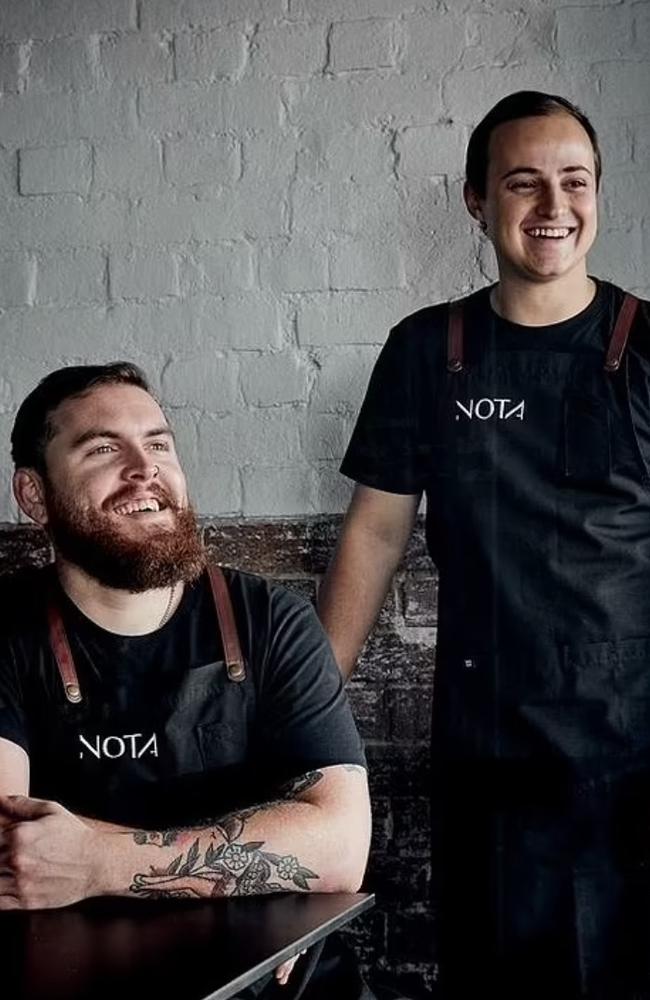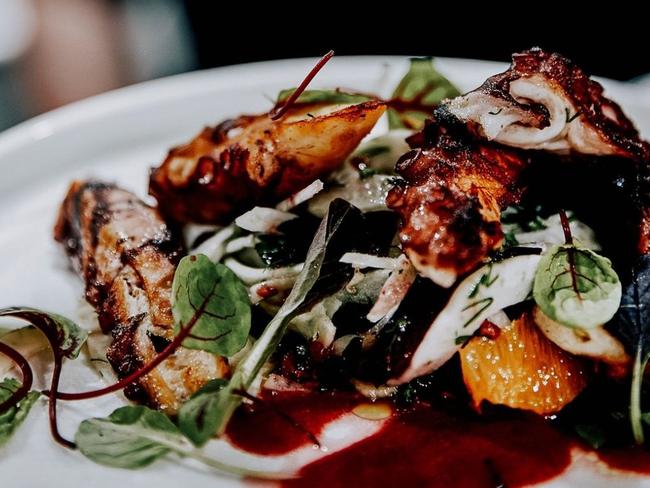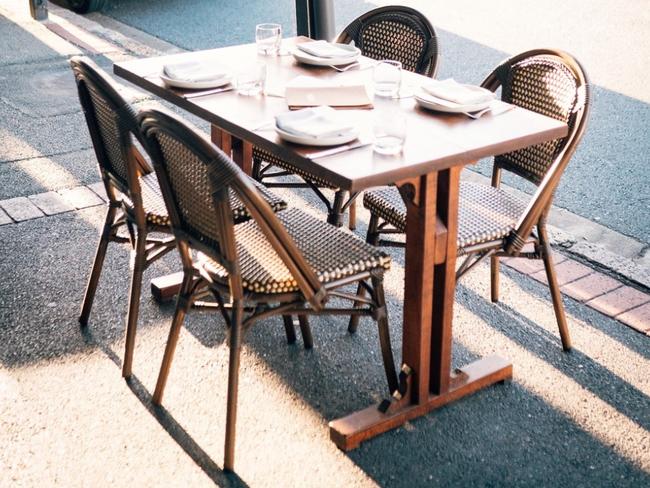Brisbane’s NOTA is shutting up shop after five years, citing economic pressures
A beloved cafe has announced its closure after five years, citing the cost of living crisis that is decimating Australia’s hospitality industry.

Beloved Brisbane cafe NOTA has announced its closure after five years, citing heavy pressure from the cost of living crisis that is decimating Australia’s hospitality industry.
Nestled in Paddington in the city’s inner west, the modern European restaurant and wine bar will shut its doors on August 3, marking the end of an era for local food enthusiasts.
According to chefs and co-owners Sebastiaan de Kort and Kevin Docherty, the decision to close NOTA was, surprisingly, a straightforward one, prompted primarily by the end of their lease.
After opening in March 2019, de Kort and Docherty transformed the heritage shopfront, previously home to the French restaurant Montrachet, into a culinary haven celebrated for its European-inspired dishes and extensive wine list.
NOTA quickly captured the hearts of locals, becoming a favourite spot for both its menu and warm atmosphere.
De Kort and Docherty are set to focus their energies on their second venture, Allonda, located in Newstead in Brisbane’s inner north.
They co-own Allonda with sommelier Yanika Sittisuntorn, and the team is eager to bring their unique flair to this next chapter.
During the pandemic, like many restaurateurs, de Kort and Docherty pivoted to baked goods and takeaway, a move that birthed the artisan sweets business Arty’s, which continues to thrive.
In mid-2022, they expanded NOTA by taking over a neighbouring tenancy, further cementing their reputation for innovation and resilience.
Reflecting on their journey, de Kort expressed deep a gratitude for the Paddington community.
“NOTA would not have been the success it was without the loyal support of our patrons,” he told The Courier-Mail. “We are excited for what the future holds, both for us and for the space we’re leaving behind.”

The closure announcement on NOTA’s website invites patrons to partake in a nostalgic farewell. “Come join us over the next eight weeks as we bring back some of our beloved classic dishes and say farewell to the crew,” the message reads.
“From the bottom of our hearts, we thank you. We hope to welcome you again.”
Mr de Kort said Australia’s tight economy is wreaking havoc on the hospitality sector with dozens of popular spots collapsing under the pressure.
“The industry has changed. The spending has changed. People are working very hard for their money at the moment, so you need to make sure you tick every box,” he said via the Brisbane Times.
“But I think there’s still a lot of positivity. It’s been a tough 12 months but the next 12 will get better. It’s cyclic.”


A warning has been issued that one in 13 hospitality businesses across Australia are facing going bust.
New data has revealed that the hospitality industry is most vulnerable to current economic conditions as consumers disposable income dries up and its hit by huge prices increases.
News.com.au has reported on a number of hospitality business failures over the past six months alone.
Hospitality business Good Group Australia, which operated a high-end string of steak restaurants and several other Asian venues across three Australian states fell into administration and ceased trading this month owing $23 million.
Its closure resulted in the loss of 200 jobs.
After 18 years in business, Asian fusion restaurant Gingerboy shut down in April blaming “market pressures since Covid lockdowns”.
A number of other restaurants have joined the growing pile of failures, including Elements Bar and Grill and three stores in Sydney restaurant franchise Bondi Pizza, as well as Mexican restaurant Checho’s, in Sydney’s outer western suburb of Penrith, which was shuttered in March.
Credit reporting bureau CreditorWatch’s said hospitality was ranking first among industries for the rate of external administrations as well as racking up Australian Taxation Office tax debts greater than $100,000.
The industry also ranked third for arrears in terms of invoice payments more than 60 days late.
Aside from the consumer crunch, businesses have also struggled to manage cost pressures, such as power prices and cost of ingredients, as well as labour shortages, CreditorWatch noted.


